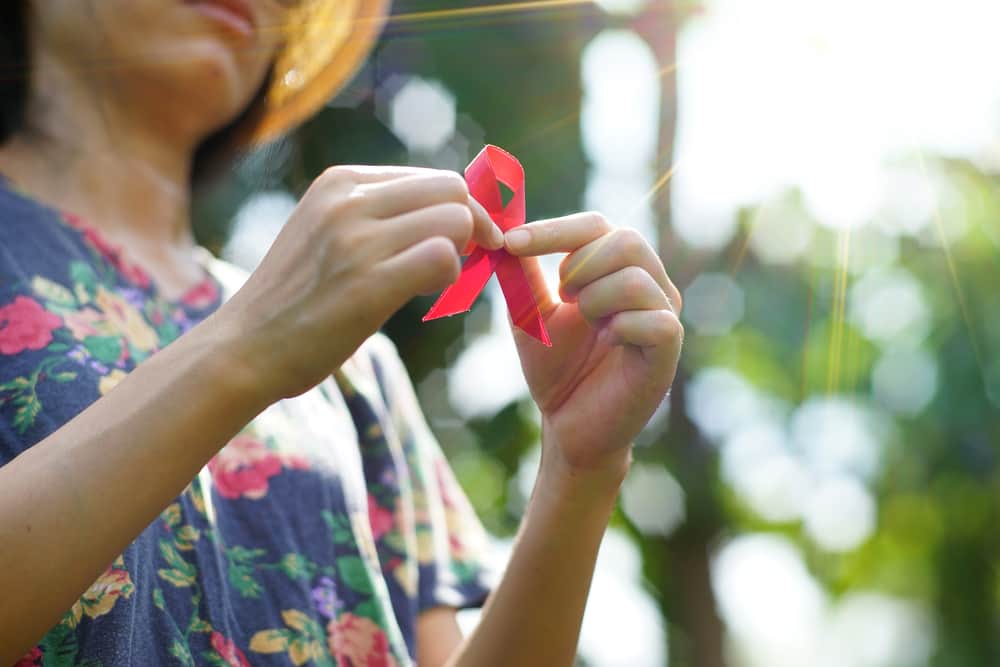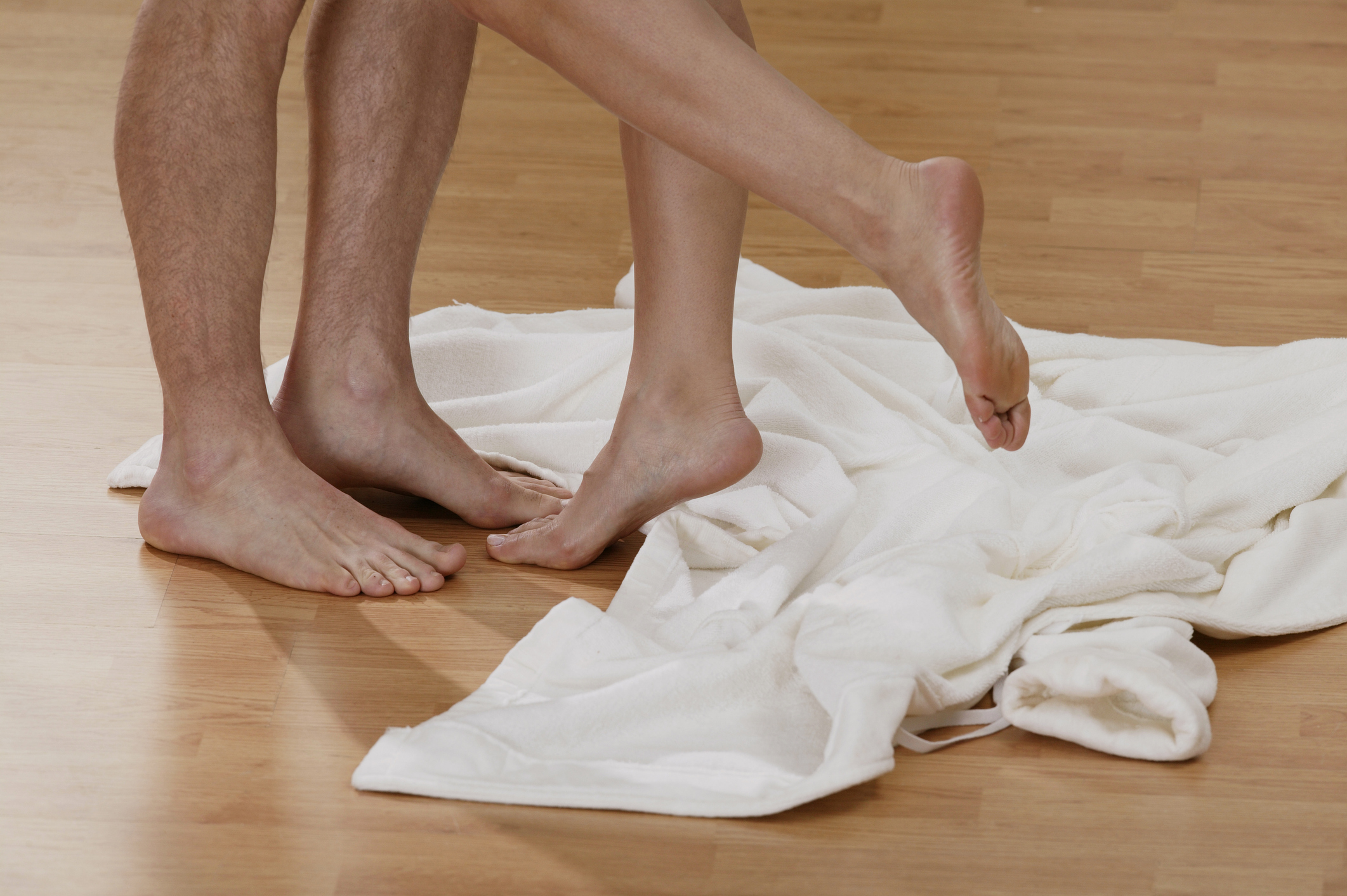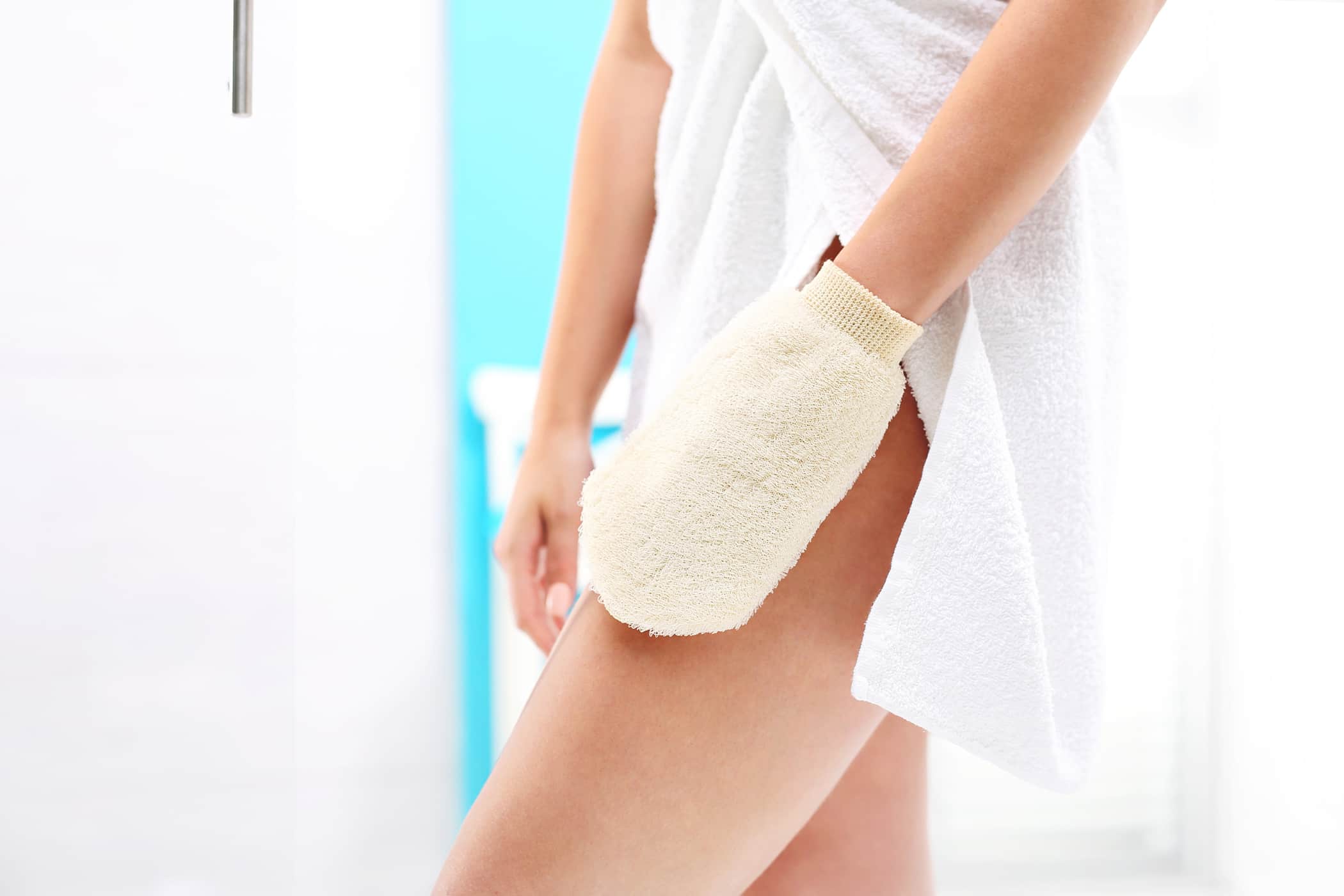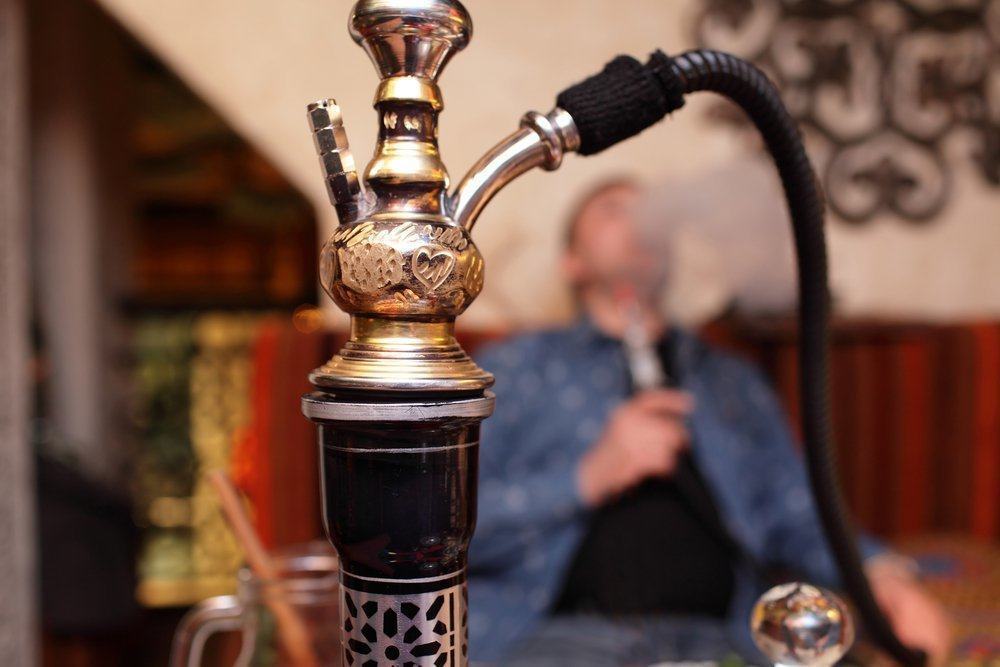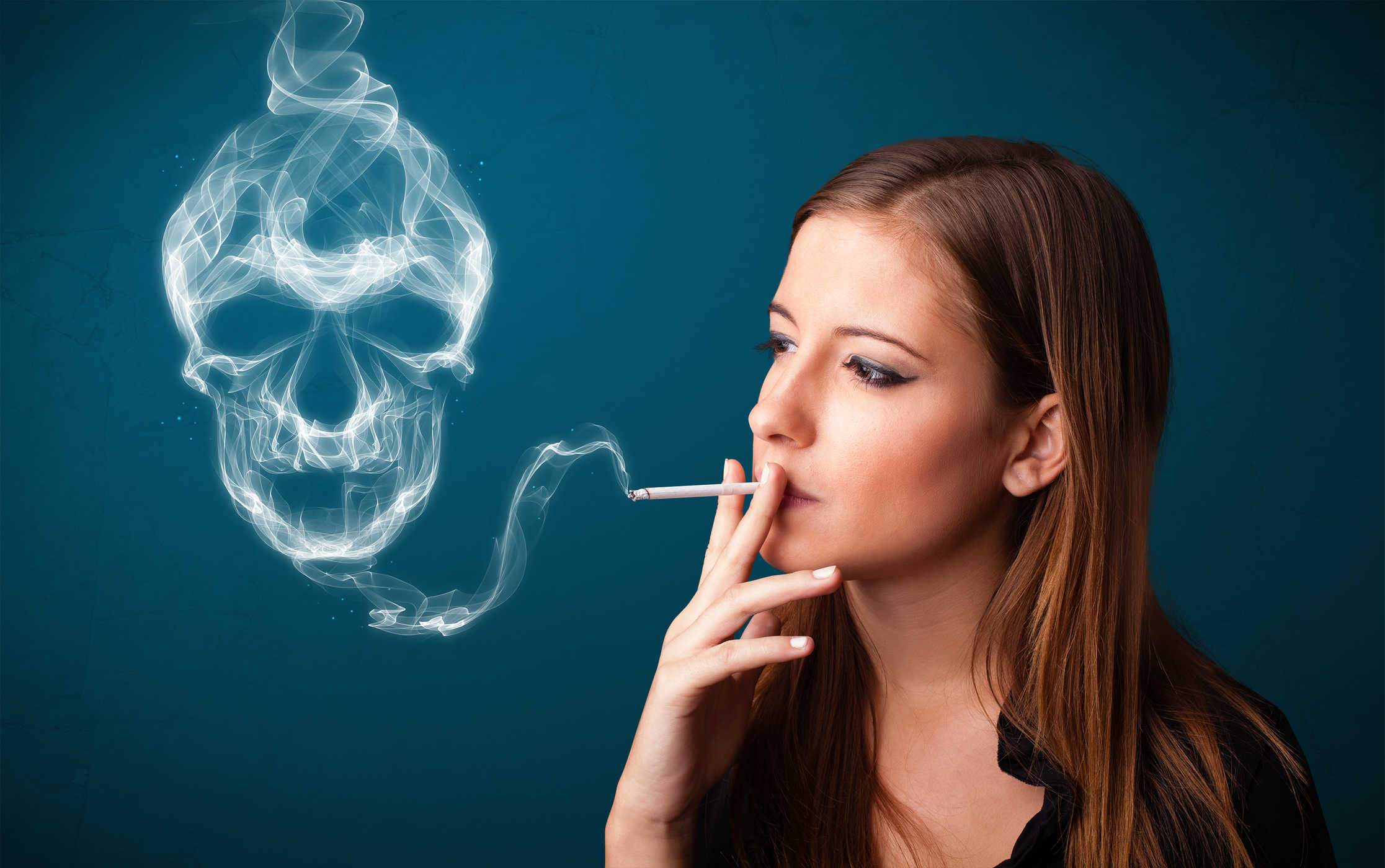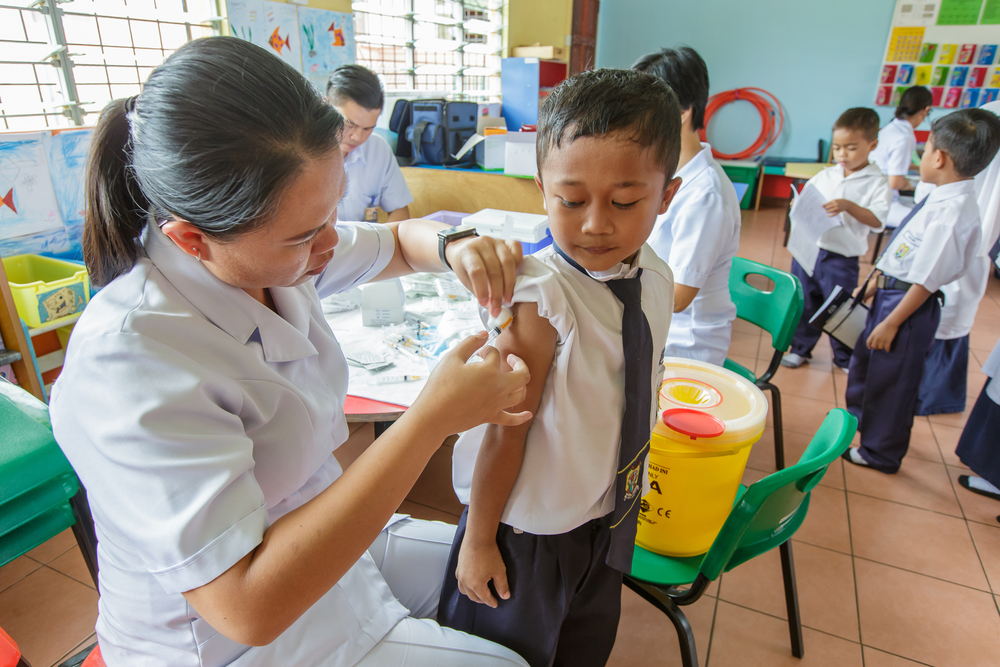Contents:
- Medical Video: Johns Hopkins Center for AIDS Research: Bridging the Gap 2015 Symposium
- Why can the stigma against PLHIV be so attached?
- 1. Lack of knowledge and misinformation about HIV / AIDS
- 2. Fear of coming into contact with PLWHA
- 3. Lack of public knowledge about the adverse effects of stigma on PLWHA
- You may not be aware, the impact of stigma on PLWHA is so great
- 1. Violating Human Rights (HAM)
- 2. Closing the opportunity for PLWHA to develop themselves
- 3. Make ODHA alienate themselves
- 4. Inhibiting government programs in efforts to combat HIV / AIDS in the community
Medical Video: Johns Hopkins Center for AIDS Research: Bridging the Gap 2015 Symposium
Have you ever heard of stories of people with HIV / AIDS (ODHA) who were expelled from their homes, fired from work, divorced by spouses, or other bad things? What do you think about the bad treatment? Is it worth it? The answer is certainly no. The bad treatment is one form of discrimination that is often experienced by PLWHA. Discrimination arises because there is still a negative prejudice or stigma against PLWHA from the community.
Why can the stigma against PLHIV be so attached?
The stigma against PLWHA has been inherent since the first time this virus was discovered and spread widely. This disease is often associated with drug use, free sex, and same-sex sexual relations (homosexuality). Because of this connection, PLWHA got a negative label in the community.
In fact, HIV / AIDS can be transmitted to anyone. Including people who have never used drugs, never used the services of commercial sex workers (CSWs), and never had same-sex sex.
However, the reasons below make stigma against PLWHA difficult to eradicate and rectify.
1. Lack of knowledge and misinformation about HIV / AIDS
In the community, there are still many who think that people living with HIV are identical to someone who often uses drugs, has sex with commercial sex workers, and so on. In addition, there are still people who think that HIV can be transmitted only by physical contact or close to PLWHA.
Providing information about true HIV / AIDS among the community can help government efforts in reducing stigma and discrimination on PLWHA.
2. Fear of coming into contact with PLWHA
Lack of public knowledge about HIV / AIDS and misinformation about HIV / AIDS will have an impact on the emergence of fear of the community to make physical contact with PLWHA. Starting from shaking hands, sitting close together, eating together, and others. In fact, HIV can only be transmitted through risky sexual relations, the use of needles that are contaminated with the HIV virus, and through HIV-positive mothers to their babies.
Touching the skin, shaking hands, hugging, or eating with an ODHA will not transmit the disease. Being near ODHA will not make you infected because this virus cannot move through the air.
3. Lack of public knowledge about the adverse effects of stigma on PLWHA
This is mentioned in the book UNAIDS (2007) entitled "Reducing HIV Stigma and Discrimination" Many people easily discriminate against PLWHA because they do not think further about what the impact of discrimination has been on their lives.
It's actually easy to be able to coexist with PLWHA in the community or in everyone's personal relationships. Position yourself as an ODHA. Can you accept discriminatory treatment from people around you? It certainly can't, right?
So if there are people nearby, colleagues, family members, or acquaintances of you who are diagnosed with AIDS, don't stay away from it. What needs to be done is to gather as much information as possible about HIV / AIDS so that you know what steps to take in order to keep your relationship with PLWHA warm.
You may not be aware, the impact of stigma on PLWHA is so great
The stigma on PLWHA does not only have a bad impact on PLWHA, but also on the government's efforts in tackling HIV / AIDS in Indonesia. Here are some of the negative effects of giving stigma to PLWHA.
1. Violating Human Rights (HAM)
The treatment of stigma and discrimination against PLWHA violates the basic rights of PLWHA. Among them are the right to live, get care, have a job, and others. No one has the right to claim these fundamental rights from the life of PLWHA.
2. Closing the opportunity for PLWHA to develop themselves
Stigma can make PLWHA lose their jobs, spouses, and families. Many children with HIV / AIDS are forced to drop out of school because they get unfair treatment at school.
In fact, like people in general, PLWHA can contribute to the surrounding environment. Whether it's for his family, his work environment, even society in general.
3. Make ODHA alienate themselves
Discrimination against PLWHA can make them cover up their identities, withdraw themselves, or alienate themselves from society. This can have a negative impact on the health of PLWHA. They can be embarrassed to see a doctor or get treatment at the hospital. The result is clearly fatal, namely death.
Stigma against PLWHA can also make them depressed, keep away from family and the surrounding environment, or more extreme is suicide.
4. Inhibiting government programs in efforts to combat HIV / AIDS in the community
Stigma and discrimination against PLWHA will also have an impact on the spread of HIV / AIDS. Stigma and discrimination will discourage someone from doing Voluntary Counseling and Testing (VCT) or HIV / AIDS testing. Stigma can even make people feel reluctant to seek information and ways to protect against HIV / AIDS.
Therefore, stop the stigma and discrimination on PLWHA. Not stigma and discrimination that can stop the spread of the HIV virus in society, but everyone's concern and understanding of HIV / AIDS.

